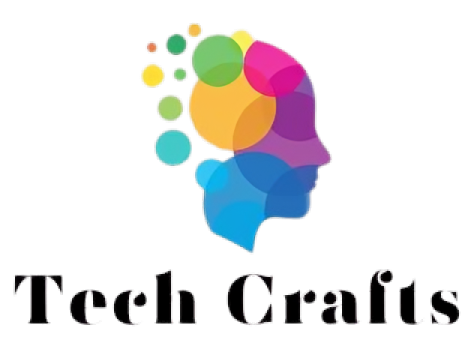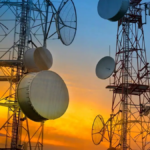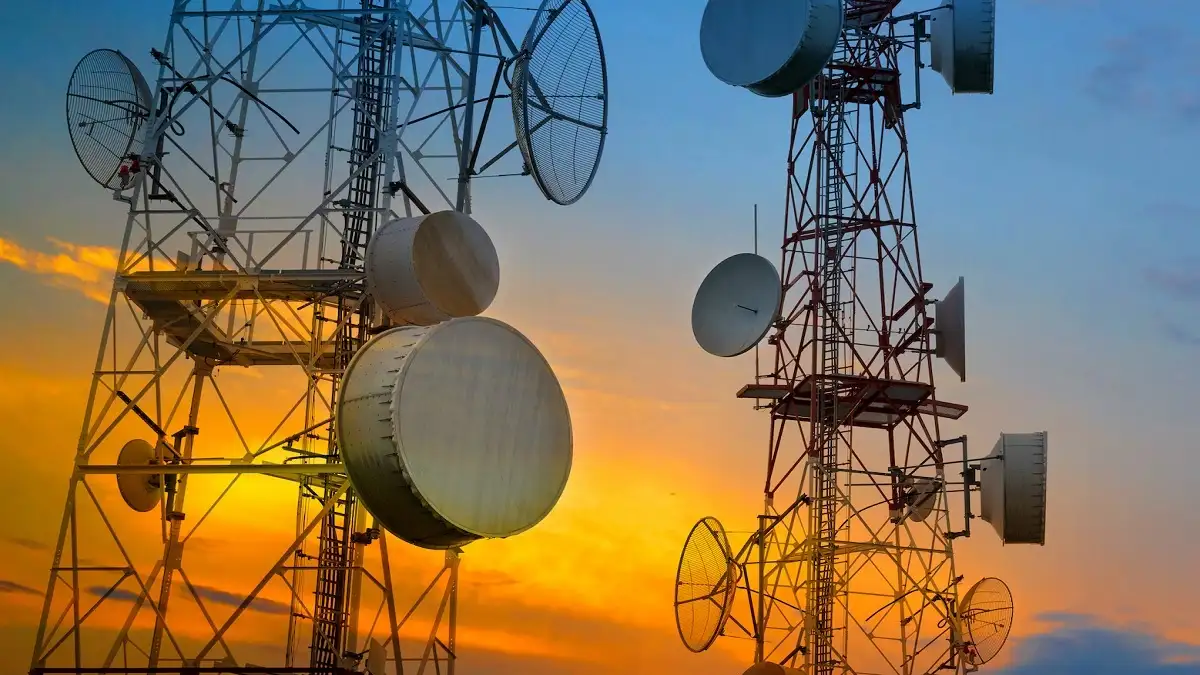The historic moment defined by cc’s 700 MHz spectrum auction and Google marked a paradigm shift in the U.S. wireless landscape. Although Google didn’t walk away with spectrum licenses, its presence in the auction catalyzed regulatory change, laying the groundwork for device freedom, open apps, and net neutrality principles that still shape modern telecom policy.
What Was the 700 MHz Spectrum and Why Was It Valuable?
The 700 MHz band became available after the U.S. transitioned TV broadcasts to digital. This frequency was ideal for long-distance and in-building coverage, making it valuable for mobile broadband and wireless services. The FCC divided the spectrum into several blocks (A, B, C, D, and E) to auction it to the highest bidders.
Google’s Disruptive Entry into the Auction
In 2007, Google announced its intent to bid on the spectrum. The bold twist? Google didn’t necessarily want to win. Instead, it used its financial leverage to ensure the C Block, the largest portion of nationwide spectrum, came with strict open access rules. Google pledged to bid at least $4.6 billion—the FCC’s reserve price—if these conditions were met.
What Were the Open Access Conditions?
Google proposed four openness conditions:
- Open devices: Consumers could use any compatible device.
- Open applications: Users could install and run any software or app.
- Open services: Third parties could resell access to the network.
- Open networks: Access must be offered on fair and non-discriminatory terms.
While only the first two were formally accepted by the FCC, they marked a significant step forward in the push toward user freedom and competition.
How Google Influenced FCC Policy Without Winning
Despite eventually being outbid (mostly by Verizon), Google had already succeeded. By pushing the bidding to exceed the $4.6 billion threshold, the FCC’s open-access rules for the C Block were automatically enforced. Google essentially influenced federal wireless policy through strategic participation alone.
Auction Outcomes and Winners
The auction raised nearly $19.6 billion, with major telecom players like Verizon and AT&T securing large portions of spectrum. Google walked away with no licenses but had achieved its goal of reshaping how wireless spectrum would be used.
Impact on Wireless Innovation
Thanks to the openness rules:
- Device manufacturers had more freedom to design and release smartphones.
- The Android ecosystem flourished, championing the very open principles Google fought for.
- Consumers could install third-party applications without carrier intervention.
The result? A surge in mobile app development, increased smartphone adoption, and more diverse mobile services.
Lessons for Future Auctions
The cc’s 700 MHz spectrum auction and Google saga taught regulators that auctions could be used to support public interest—not just generate revenue.
It showed:
- Strategic bidding could change outcomes without ownership.
- Policy levers like reserve pricing can embed user-centric conditions.
- The tech sector can shape telecom regulation without becoming telecom providers.
Global Ripple Effects
Other countries took notice. Canada, India, and parts of Europe looked at the U.S. auction as a model for open spectrum access. Several governments introduced similar openness mandates or policy-driven auctions to encourage competition and consumer choice.
Lasting Legacy in 2025 and Beyond
Even today, cc’s 700 MHz spectrum auction and Google is referenced in debates around:
- Net neutrality
- 5G and private network access
- Smartphone ecosystem control
- Tech vs. telecom regulation
It serves as a prime example of how tech activism and strategic policy engagement can shape markets.
Conclusion
The strategic brilliance behind cc’s 700 MHz spectrum auction and Google was in how Google used its financial presence not to dominate the airwaves—but to set new rules for them. It influenced a shift toward transparency, competition, and openness in the mobile sector without becoming a wireless carrier itself.
This move democratized the mobile experience for billions and solidified Google’s legacy as not just a tech innovator, but a powerful policy influencer.
FAQs
1. What is meant by “CC’s 700 MHz spectrum auction”?
It refers to the FCC’s auction of 700 MHz spectrum (specifically the C Block) used for wireless communication, where open access was a central focus.
2. Why did Google join the auction?
Google’s goal was to ensure the FCC enforced open access rules for the spectrum, not to acquire it themselves.
3. Did Google win any spectrum in the auction?
No. Google did not win any licenses but successfully influenced policy by pushing the reserve price above the threshold that triggered openness rules.
4. How did this auction change wireless policy?
It set a precedent for open device and application access, allowing consumers more freedom and promoting innovation in mobile services.
5. Is the impact of this auction still felt today?
Yes. The auction’s openness conditions influenced mobile ecosystems, net neutrality principles, and how modern spectrum auctions are designed globally.
Also read: Districts of Ho Chi Minh City Map: 10 Neighborhoods Ranked for Expats






